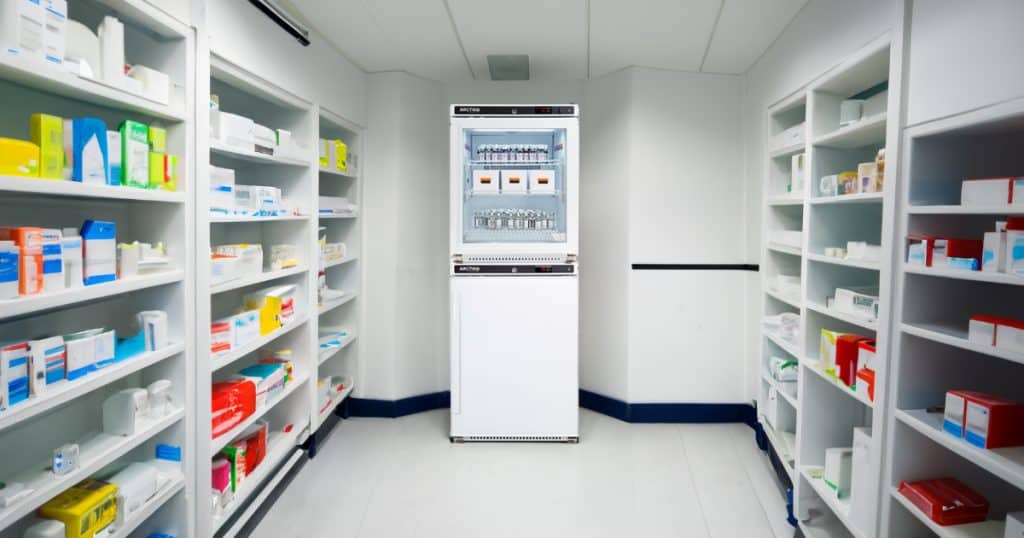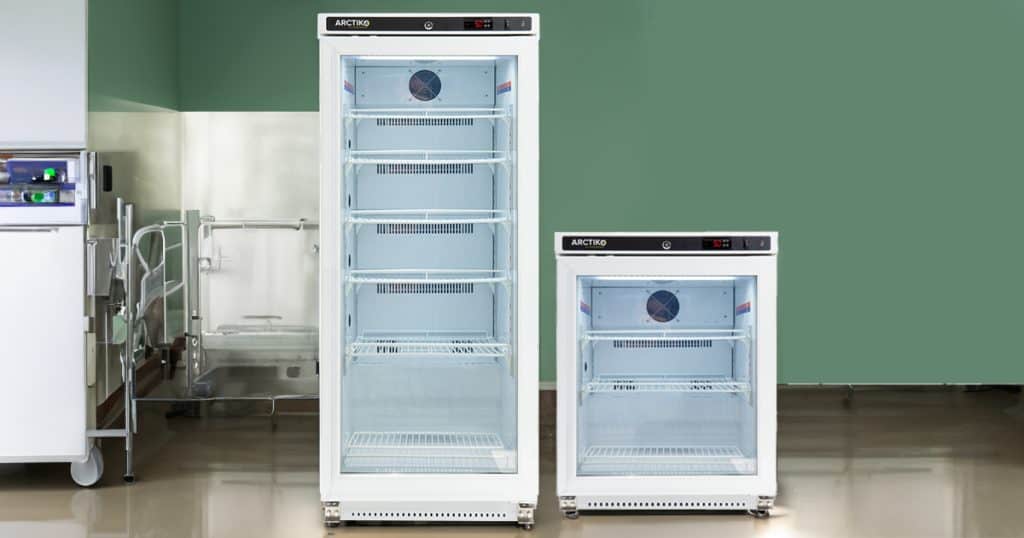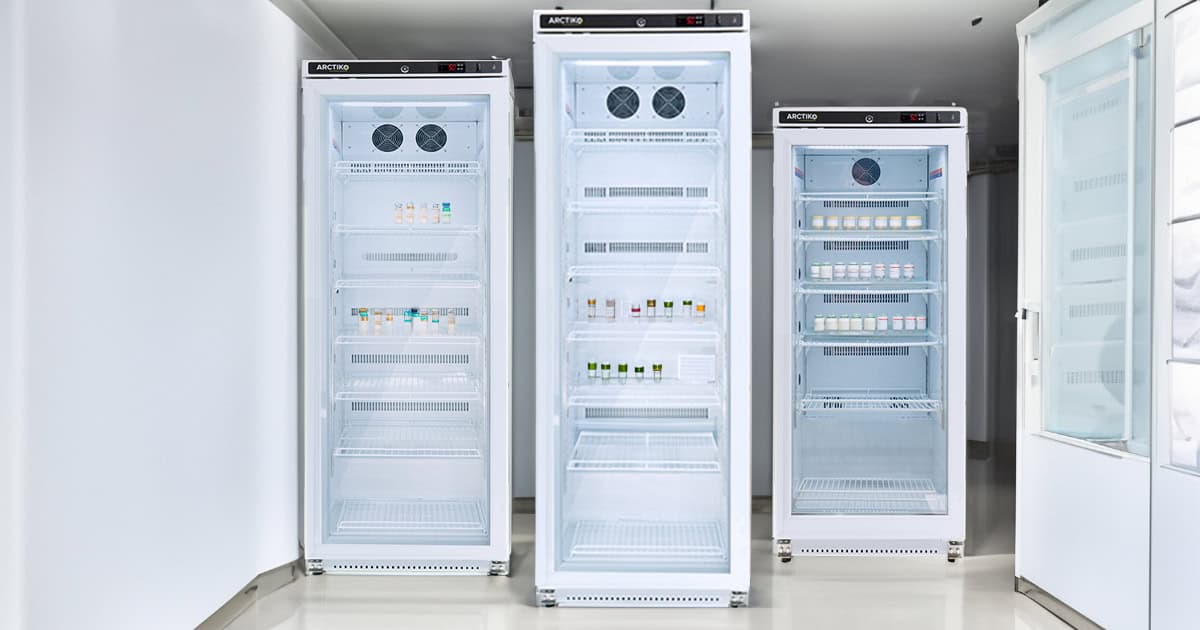Both public and private healthcare systems prioritise providing the best possible patient care. Effective medicine storage is crucial to healthcare treatment, often requiring specialised equipment like medical refrigerators.
Why Are Medical Refrigerators Essential?
Proper storage conditions are vital for maintaining the effectiveness of certain medications. Hospitals typically use medical refrigerators in clinical units to ensure the ideal storage environment. These refrigerators are designed specifically to store a variety of medicines and keep them within their required cold-chain parameters.
Understanding the Cold Chain
The “cold chain” refers to the specific temperature range, typically between +2°C and +8°C, necessary for storing certain medications to remain effective and safe. If the temperature inside the medical refrigerator deviates from this range, the medication can spoil, rendering it ineffective and unsafe.

Key Considerations When Choosing a Medical Refrigerator
When selecting a medical refrigerator for your clinical unit, consider the following factors:
- Size
o Small Refrigerator: Ideal for placement under desks or countertops; no professional installation is needed. Perfect for units requiring quick and easy access to medications.
o Medium Refrigerator: About the size of a domestic dishwasher, offering more storage with easy installation. Suitable for units needing higher medication storage volumes.
o Large Refrigerator: Substantial units providing extensive storage for medications and vaccines. They may require professional installation but are ideal for facilities storing large quantities of medical supplies. - Solid or Glass Door
o Solid Doors: Offer enhanced security, protecting the contents from unauthorised access.
o Glass Doors: Allow staff to view contents without opening the door, helping maintain the cold chain by minimising temperature fluctuations. - Data Logging
o Manual Logging: Recommended at the start and end of each day.
o Automated Data Logging: Provides real-time temperature tracking and alerts staff if temperatures fall outside the safe range, ensuring immediate action. - Maintenance and Servicing
o Regular Maintenance: Prevents equipment failure and prolongs the refrigerator’s life, ensuring continued effective operation.
o Annual Servicing: Though it may incur additional costs, routine servicing is essential to protect your investment and ensure refrigerator reliability.

By carefully considering these factors, you can choose the medical refrigerator that best meets the needs of your clinical unit, ensuring all medications are stored safely and effectively.
For further assistance in selecting the right medical refrigerator, contact us at +44 1725 531000 (UK) or drop an email to sales@arctiko.com.

 Fast Delivery
Fast Delivery  Global Compliance
Global Compliance  Long Term Support
Long Term Support